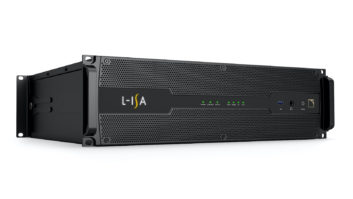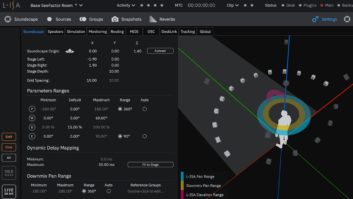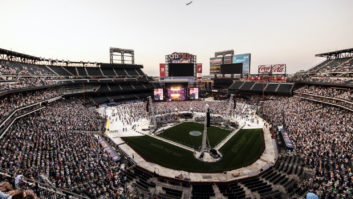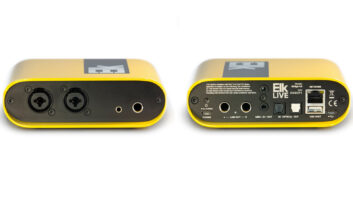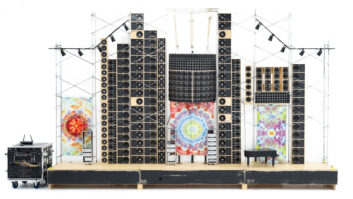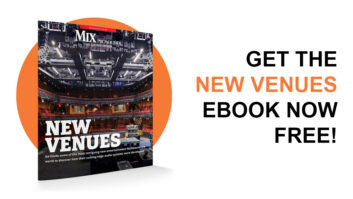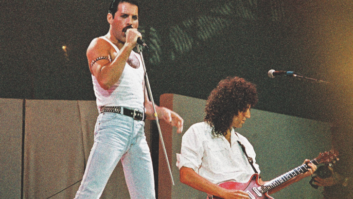I went to the opening of a new studio the other day. It doesn’t matter which city. The catering was laid out nicely, and there were beers in a cooler next to the piano. The main studio was decorated festively, and the few people milling about seemed to be having a good enough time. Most were, like my new friend who invited me, studio owners or managers themselves.
But a short time after I arrived, the new owner took me off to the side and asked where everyone was. Not just this evening, but in the weeks since the studio’s operational opening. This is not the first time I have been asked that question, and there are no comforting answers. The best you can say is, “Everyone’s home, in their own studios.” I had a question for him, though. I asked why he’d opened a recording studio? He replied, not facetiously at all, “I wonder that myself sometimes.”
Not too much later, a call came in from Brian Kelly in New York. Brian has owned Harold Dessau Recording in SoHo for 10 years, the kind of journeyman place that once made up the vast majority of studios in New York and elsewhere: a single room, a solid if not elaborate API console, a nice mix of vintage and new outboard gear, and as acoustically fine a room as you can pull off in Manhattan’s tight real estate market. Brian was calling to ask if I’d like to write a story-would I like to chronicle the last days of Dessau? After a decade of watching the industry trends turn against the small independent studio, Brian had decided to toss in the towel. The economic environment, he said, simply no longer was hospitable to small commercial studios. I would be writing an obituary.
If I were a preacher, I know what I would make of these stories. I would say that all things must pass, and to everything, there is a season. What seems like the end is actually a new beginning. That’s also what I would say about the landscape that presents itself today. Things aren’t really bad; they’re just different. And it’s time to accept that change is irrevocably, undeniably under way in the studio business.
Change is all around us in the entertainment business. Even the major record labels-all four of them, the only ones left in the wake of ongoing consolidation-are sweating their prospects in the face of the Internet and MP3 downloads. But even these corporate behemoths have shown that they can adapt if prodded sharply enough. An industry that dragged out the DVD-Audio spec for two years suddenly finds relatively quick consensus on secure download initiatives once they see that 50 million teenagers with Internet access and Rio devices have proven, once again, if you can’t beat ’em, join ’em. And fast.
Why should recording studios be any different? The studio of today does not look terribly different from one 40 years ago, but with radical change the order of the day, that’s no guarantee that studios 40-or four-years hence will be recognizable.
So, back to the original question, why own a studio? Because you can ride any horse you want into the future, as long as you point it the right way. The need for audio is not diminishing; if anything, it’s increasing dramatically, from games to Webcasts to new media. And it all needs sound. Good sound. (Most of it, anyway.) The entertainment industry will always need people who do what we do, so mourn for a moment the passing of the paradigm, but don’t become mired in grief. The horizons are bigger than ever. Saddle up.

